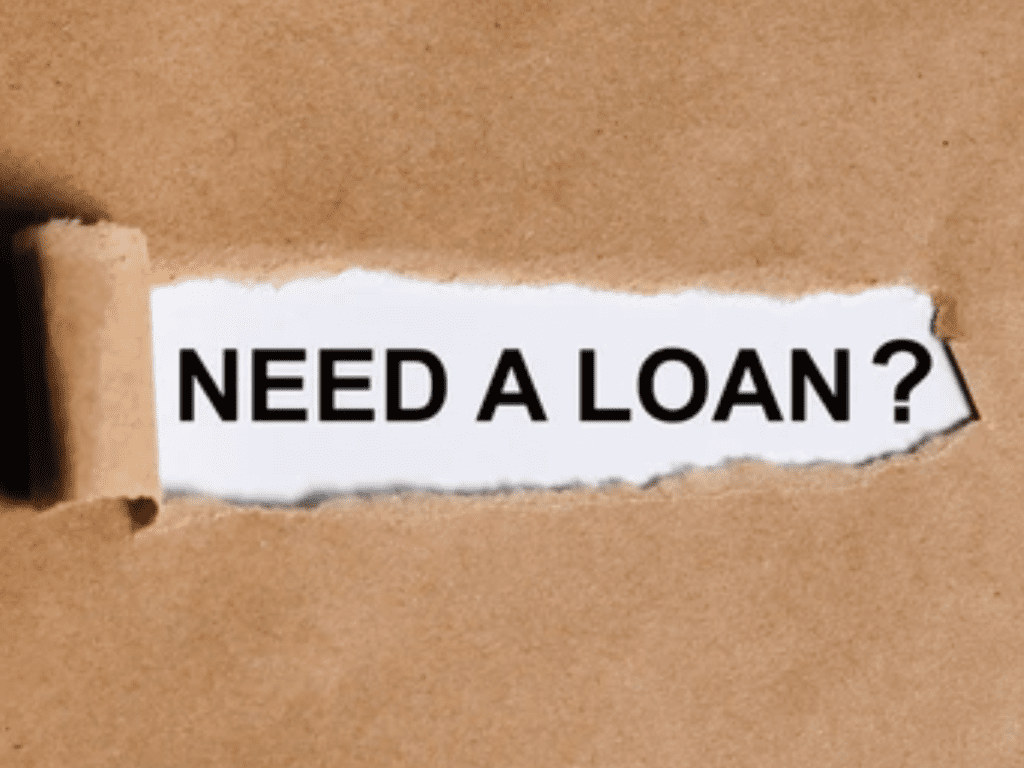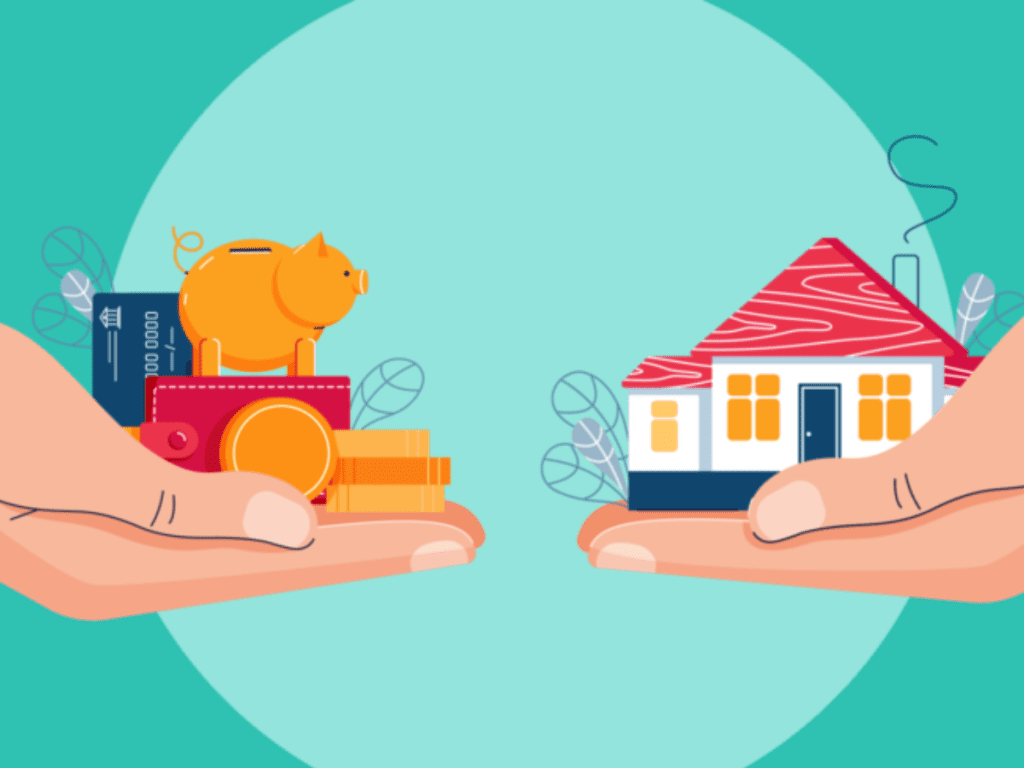Introduction
In times of financial uncertainty or unexpected expenses, a personal loan can provide a helpful financial cushion to navigate through the storm. Whether it’s a medical emergency, urgent home repairs, car repairs, or any other situation requiring immediate funds, personal loans can offer a viable solution. Understanding how personal loans work and how they can assist during financial emergencies is crucial to making the right decision. In this article, we will explore the ways in which personal loans can be a valuable financial tool in emergencies, their benefits, and things to consider before applying for one.
What is a Personal Loan?
A personal loan is an unsecured loan that individuals can borrow from banks, credit unions, or online lenders. Unlike a mortgage or car loan, which are secured by assets like property or a vehicle, a personal loan does not require any collateral. Borrowers typically use personal loans to cover a variety of expenses such as medical bills, home improvements, weddings, vacations, or debt consolidation.
These loans are typically repaid in fixed monthly installments over a set period of time, which can range from one to seven years, depending on the lender and the amount borrowed. The interest rates on personal loans can vary based on factors such as the borrower’s credit score, the loan amount, and the repayment term.
When Should You Consider a Personal Loan?
A personal loan is often a helpful financial tool when you face an emergency situation where immediate funds are required. These loans can be especially useful in the following scenarios:
- Medical Emergencies: Health-related emergencies can arise unexpectedly, and the medical bills can pile up quickly. In cases where you don’t have sufficient health insurance or savings, a personal loan can help bridge the gap. Personal loans can cover various medical expenses such as surgery, emergency room visits, or ongoing treatment costs.
- Home Repairs: Unforeseen home repairs can be costly and often need to be done immediately. Whether it’s fixing a leaking roof, repairing a broken appliance, or restoring a malfunctioning heating system, a personal loan can provide the funds required to get the job done. In such situations, delaying repairs could lead to further damage and higher costs down the line.
- Car Repairs: A sudden breakdown of your car can create a significant financial burden, especially if your car is essential for commuting or other daily activities. Personal loans can help cover the costs of urgent repairs and ensure that you are back on the road quickly, without having to drain your savings or use credit cards with high interest rates.
- Debt Consolidation: If you are dealing with multiple high-interest debts, a personal loan can be a great way to consolidate them into a single loan with a lower interest rate. By consolidating your debts, you can simplify your payments and potentially save money on interest, making it easier to manage your finances.
- Emergency Expenses: Personal loans can also help cover unexpected expenses such as funeral costs, urgent travel, or any unforeseen event that requires immediate financial attention. Whether it’s the need to attend a family emergency or manage unforeseen events, having access to a personal loan can provide peace of mind.
Advantages of Personal Loans During Financial Emergencies
There are several reasons why a personal loan can be beneficial during financial emergencies. Below are some of the key advantages:
1. Quick Access to Funds
Personal loans are typically faster to obtain than other forms of financing. Many lenders offer fast approval processes, with some offering funds within a day or two. This quick access to funds can be crucial during an emergency when time is of the essence. For example, if you are dealing with a medical emergency or urgent home repairs, the speed at which you can receive a personal loan can help alleviate stress and allow you to take immediate action.
2. Lower Interest Rates Than Credit Cards
Credit cards, especially those with high interest rates, can be a costly way to borrow money. Personal loans, on the other hand, often come with lower interest rates compared to credit cards. This can help you save money on interest over the course of the loan, especially if you plan to carry the balance for an extended period. By opting for a personal loan instead of relying on credit cards, you can minimize the total cost of borrowing.
3. Fixed Monthly Payments
One of the benefits of a personal loan is that it typically comes with fixed monthly payments. This makes budgeting and managing your finances easier, as you’ll know exactly how much you need to pay each month. This predictability can be particularly helpful during an emergency when managing multiple financial obligations might become overwhelming.
4. No Collateral Required
Since personal loans are unsecured, you don’t need to risk your assets to obtain one. Unlike home equity loans or car loans, which require collateral, a personal loan does not require you to pledge property or assets. This is particularly important if you don’t have significant assets or prefer not to risk losing them.
5. Flexibility in Usage
Unlike loans designated for a specific purpose, such as auto loans or home loans, personal loans offer flexibility in how the money can be used. You can apply for a personal loan to cover a wide range of emergencies, from medical bills to home repairs or car expenses. The ability to use the funds as needed gives you more control over how to handle your financial situation.
Factors to Consider Before Taking a Personal Loan
While personal loans can be an excellent tool for handling financial emergencies, there are several factors to consider before borrowing money. Here are some key things to keep in mind:
1. Interest Rates
Interest rates on personal loans can vary significantly based on your credit score and the lender you choose. Borrowers with excellent credit may be eligible for lower interest rates, while those with poor credit may face higher rates. It’s important to shop around and compare rates from different lenders to ensure you get the best possible deal.
2. Loan Terms
Personal loans come with varying loan terms, and it’s essential to select a term that works with your financial situation. While longer loan terms may result in lower monthly payments, they can also lead to paying more in interest over the life of the loan. Shorter loan terms, on the other hand, may have higher monthly payments but can save you money in interest.
3. Your Ability to Repay
Before taking out a personal loan, you need to assess your ability to repay the loan within the agreed-upon terms. While it’s tempting to borrow more money to cover additional expenses, it’s important not to overextend yourself. Defaulting on a loan can result in significant damage to your credit score and may even lead to legal consequences. Make sure that you are confident in your ability to make the monthly payments before borrowing.
4. Fees and Charges
In addition to the interest rate, personal loans may come with various fees, such as origination fees, late payment fees, and prepayment penalties. Make sure to read the fine print and understand the total cost of borrowing. These fees can add up quickly and should be factored into your decision-making process.
5. Impact on Your Credit Score
Taking out a personal loan can have both positive and negative effects on your credit score. On the positive side, if you make timely payments, a personal loan can help improve your credit score over time by demonstrating responsible borrowing behavior. On the negative side, applying for a personal loan will result in a hard inquiry on your credit report, which could slightly lower your score in the short term. Additionally, missing payments or defaulting on the loan can significantly hurt your credit.
6. Lender’s Reputation
Before choosing a lender, it’s essential to research their reputation and read reviews from other borrowers. Working with a reputable lender can help ensure that the loan process is smooth, transparent, and free from hidden fees or terms that may lead to unpleasant surprises later.
Conclusion
In times of financial hardship or emergency, a personal loan can serve as a lifeline, offering quick access to funds with relatively low-interest rates and flexible terms. Whether you’re dealing with medical bills, urgent home repairs, or any other unexpected expenses, personal loans can provide the financial support you need to get back on track. However, before applying for a personal loan, it’s essential to carefully evaluate your financial situation, the loan terms, and your ability to repay the loan. By doing so, you can ensure that you make the best choice for your circumstances and avoid further financial strain.

